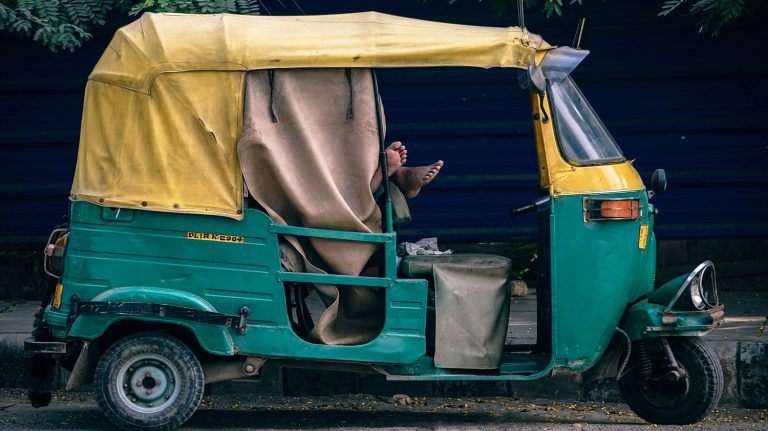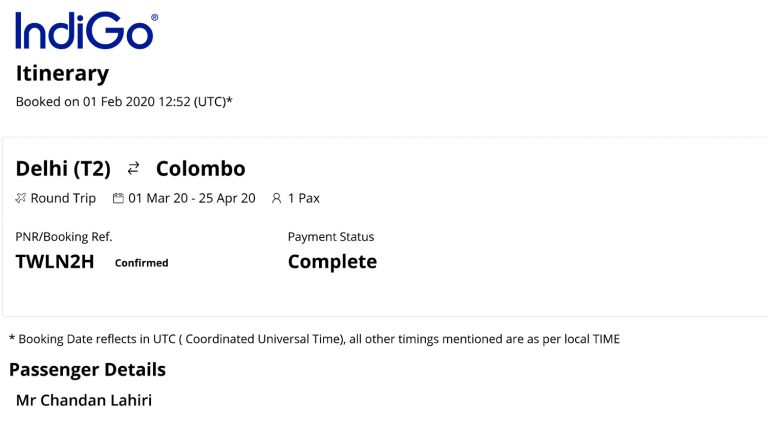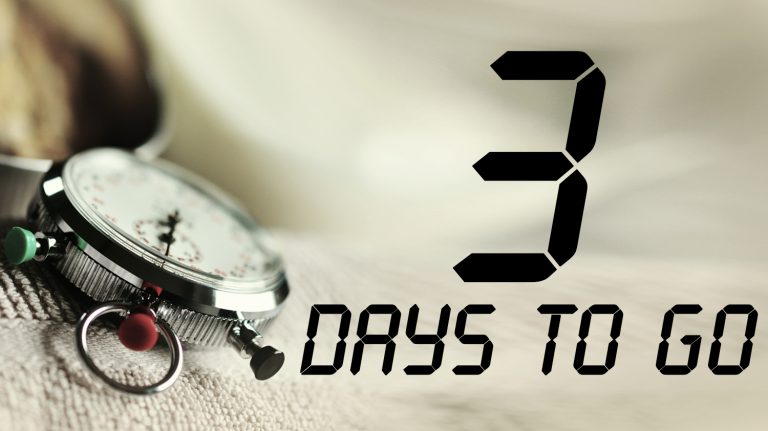Leaving shore behind
The author André Gide once said, “You cannot discover new oceans unless you have the courage to lose sight of the shore.” This statement has taken on a very real meaning for me. And I not talking metaphorically or philosophically or allegorically or even humorously here. This is very literal. I am actually planning on losing sight of shore, and the safety of solid ground beneath my feet, in order to hopefully discover the wonders of the open waters of the Indian Ocean. It is not a new ocean, it has been there ever since the Indian plate travelled north to merge with the Asian plate to dislodge the Tethys Sea to create the oceans all the way to the continent of Antarctica. But for me, it will certainly be a voyage of discovery.
A discovery of what is possible. The discovery of fear. Whether an itinerant and inquisitive shark in an effort of douse its curiosity on this weird silhouette on the surface of its home, will puncture my otherwise sturdy inflatable boat resulting in a wrestling match between me and the predator, with a very obvious predetermined result. The discovery of battling the waves, the swells, the tides, the current, the constant spray of salt, dealing with the raw blisters in my bum and groin due to chafing. Will the sun burn me up to a colour that even my birth giving mother will fail to recognise this apparition from the nether world. Of course there will be a lot of discoveries on the challenging sides and that is what makes for an amazing adventure.
But I also hope to discover many other things, all positive. The sheer joy of paddling the open ocean. The beauty of the sea life that I hope to encounter. Maybe the whales, dolphins, sea turtles and colourful fish that call the territorial waters of Sri Lanka their home will swim alongside for some time giving me company. Will I be out in the sea and watch the sun gently settle way down into the distant horizon? Talking over the radio with passing merchant ships, something I have seen in movies but have never done in person. Snacking on a cube of chocolate, lovingly prepared back at home. Riding the roller coaster of waves that can be as high as houses, revelling in the exhilaration of the rush of adrenaline. The silence of the surroundings. The (hopefully) aquamarine hues of the water merging with the azure blue of the sky as the two meet way out in the distance, without a care about where the sea ends and the sky begins. Maybe even an occasional seagull will find perch on the gunwales of my canoe. There are so many wonderful things that are in store.
Of course, any adventure like A SLOW BOAT AROUND SRI LANKA comes with its own challenges. That come with the territory and it is all about realising the possibilities and taking calculated risks. Just the very act of paddling away from the beach and on to open waters will be a challenge given the rolling surf. The PLH method will have to be vigorously employed. PLH … Paddle Like Hell. There are rip tides to negotiate. Even just regular tides that either come towards shore or out into the open waters, twice a day. If it is time to head to shore at the end of the day and the tide is going out, it will becoming very tiring to paddle against the tide. Same when one wants to head out and the tide is coming in. The Sun can be relentless, attacking from up above and reflecting off the waters. The eyes can start hurting with this reflection and good and proper eye protection is a must.
One thing that I am not looking forward to but can almost safely assume will happen is capsizing, maybe multiple times a day. Most often it will happen due to a rogue wave hitting the boat broadside when one is paddling through and over a wave going the way one wants. The rogue wave can hit the boat from any side, at any time, without any warning whatsoever. After all, how many pairs of eyes can one have?
The other capsize that is far less likely is a pitch pole capsize that flips the boat end over end. This will happen either during a storm or when going down a particularly big wave when the front of the boat plunges into the surface of the water at the end of the wave thus stopping it in its tracks while the rear of the boat is still continuing down its merry ways.
In any case of capsize I do not wish to be separated from my boat or paddle. That will be a disaster. Which means that I will have to be lashed to both my paddle and my boat at all times. In such a case the three of us … me, paddle and boat … will also be together. However, the one major worry I have in case of a capsize is losing my gear and equipment. I have installed a spray deck on the canoe, lashed together with paracord. This will prevent things things from falling overboard, at least temporarily. Fortunately, my canoe is self righting and with this feature and the spray deck, the gear may not have enough time to dispossess itself of my company. Also, the bags I have are entirely waterproof and can have a bit of air trapped inside during packing. This will help in buoyancy in case they do fall overboard. There are other items that will be on my person at all times … radio set, GPS unit, compass, etc. These are all lashed to my PFD and I will not lose them.
All in all, these are the kind of precautions I am taking. However, a capsize in open water is not something I have ever experienced. I will have to prepare for a capsize, my reaction to it, and getting back on board. Getting back on board can be tricky while overboard, hanging on to the painter line, trying toclamber aboard. If not done right, the boat can roll over once again. Not good. I will do a bit of practice runs before the main expedition begins. Which is why I will be in Colombo at least ten days before flag off.
All said, this is going to be the biggest and most challenging expedition of my life. And I am really looking forward to it. I am leaving shore in the hope of some unique and memorable discoveries, most of them I hope will be happy ones, living with me for the rest of my life.
#slowboatsrilanka
#otasurvivalschool
#chandanlahiri
#srilanka
![]()








Wow. A wonderfully written article. The 10 Day in Sri Lanka will be educational as to the hydrology of the Sri Lankan waters, experiencing the tides, tidal streams and types of waves.
This will give you an indication of the “ sweet spot “ distance from shore.
I know in Varkala, Kerala the waves in the Arabian Sea start rolling at around 100 m-1500 yards from shore.
A self made/D.I.Y Tamil Nautical Phrase Book may be handy to speak with local fishermen and sailors for gaining “ Local Knowledge “ of certain parts of the tides, rocks and coastline, just in case their English language speaking skills is a little patchy.
The local fishermen know their area of coastline abd currents of the sea like the back of their hand.
Well done on the preparation you have completed already. ?